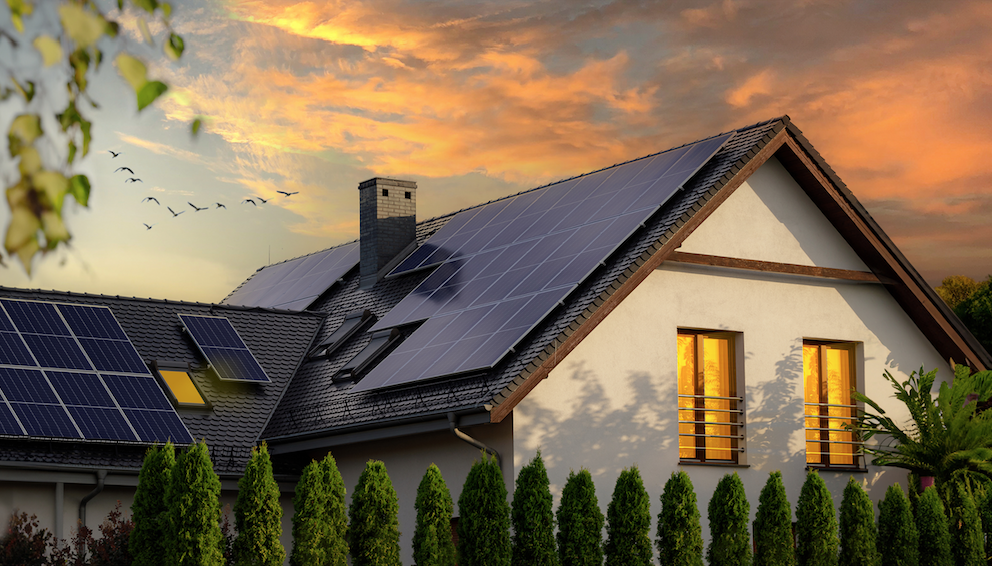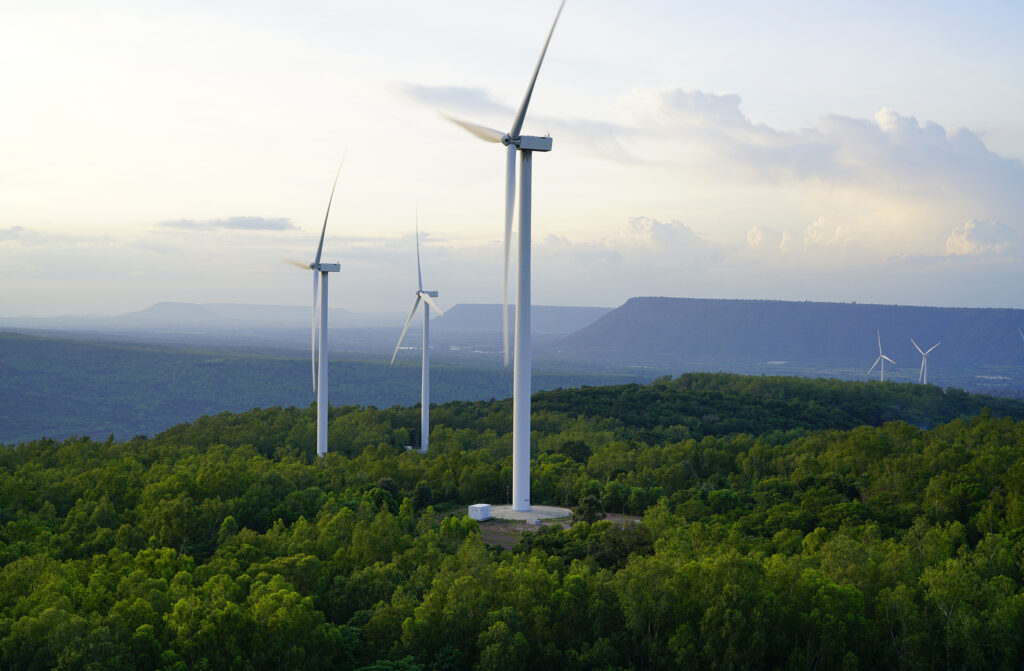Tech For A Greener Tomorrow, 7 Ways Technology Is Transforming Sustainability
In an era when environmental concerns are paramount, technology emerges as a powerful ally in the quest for sustainable living. From reducing carbon emissions to conserving resources, technology plays a pivotal role in enhancing eco-friendly practices. Here are seven innovative ways technology can contribute to a greener, more sustainable future:

- Renewable Energy Integration: Technology is revolutionizing the energy sector with the adoption of renewable sources such as solar and wind power. Advanced solar panels and wind turbines are becoming more efficient and cost-effective, allowing homes and businesses to generate clean energy. Smart grids and energy storage solutions optimize power distribution and reduce wastage.
- Energy-Efficient Buildings: Building management systems, equipped with sensors and automation, help reduce energy consumption in commercial and residential structures. Smart thermostats, lighting controls, and energy-efficient appliances not only lower energy bills but also decrease greenhouse gas emissions.
- Waste Reduction and Recycling: Technology aids in waste management by enabling efficient recycling processes. Innovations like waste-to-energy systems and automated sorting machines maximize resource recovery while minimizing landfill waste. Mobile apps and platforms also facilitate recycling and waste collection coordination.
- Precision Agriculture: Agriculture technology, or AgTech, is transforming farming practices for improved sustainability. IoT sensors, drones, and AI-powered analytics optimize crop management, reducing water and chemical usage. These technologies enhance yields while minimizing the environmental impact of agriculture.
- Electric and Autonomous Vehicles: Electric vehicles (EVs) are a key player in reducing carbon emissions from transportation. Advancements in EV technology, coupled with the development of autonomous vehicles, promise to revolutionize urban mobility and reduce traffic congestion, leading to lower emissions.
- Environmental Monitoring: Sensors, satellites, and data analytics enable real-time environmental monitoring. This technology helps track air quality, deforestation, ocean pollution, and more. By providing accurate data, it empowers governments and organizations to make informed decisions and implement effective conservation strategies.
- Water Conservation: Water scarcity is a global concern, and technology offers solutions for better water management. Smart irrigation systems, leak detection sensors, and water purification technologies help conserve this precious resource. IoT-based water monitoring also promotes responsible water use in homes and industries.
 Technology is a formidable tool in the pursuit of eco-friendly practices and sustainability. By harnessing innovations in renewable energy, building management, waste reduction, precision agriculture, electric vehicles, environmental monitoring, and water conservation, we can reduce our environmental footprint and transition to a more sustainable future. Embracing these technologies not only benefits the environment but also leads to cost savings and improved quality of life for individuals and communities alike. It’s time to recognize and leverage the power of technology as a force for positive environmental change.
Technology is a formidable tool in the pursuit of eco-friendly practices and sustainability. By harnessing innovations in renewable energy, building management, waste reduction, precision agriculture, electric vehicles, environmental monitoring, and water conservation, we can reduce our environmental footprint and transition to a more sustainable future. Embracing these technologies not only benefits the environment but also leads to cost savings and improved quality of life for individuals and communities alike. It’s time to recognize and leverage the power of technology as a force for positive environmental change.
Business & Technology Feature

Contact us Today on +254 724740527 to learn more about how our weekly digital marketing newsletter can help your business succeed.
You Can Also Reach Us Via Our Email Address: mansoor@goplacesonline.com
Follow us :





